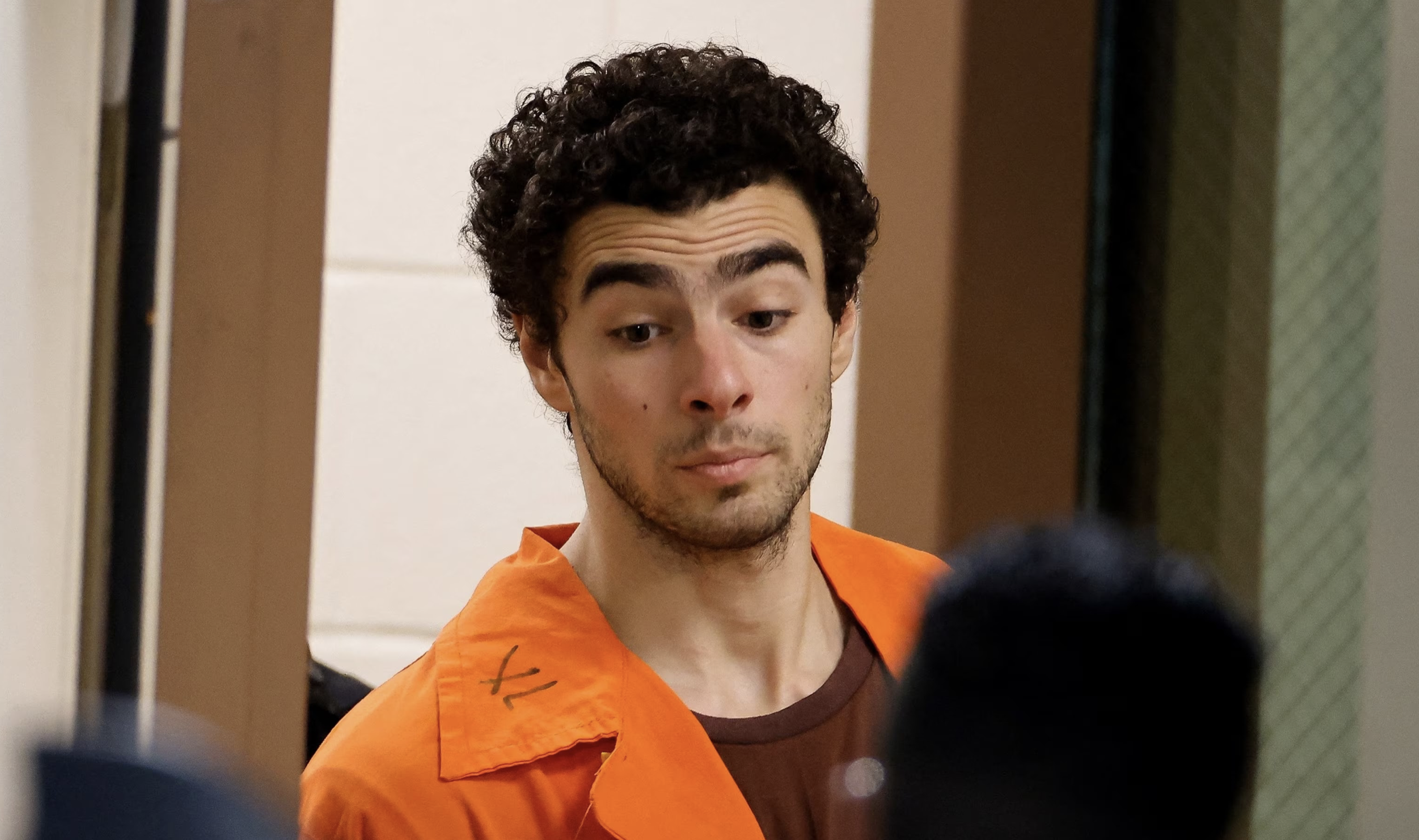Labeling Mangione’s alleged actions as terrorism raises critical questions about justice, corporate accountability, and whose lives are truly valued in America

Photo via ABC News.
The recent killing of UnitedHealthcare CEO Brian Thompson on Dec. 4 has shaken the world but has had a profound impact on American society in particular. Luigi Mangione, the main suspect in the homicide, has been arrested and is facing 11 charges, including first-degree murder as an act of terrorism. This particular charge has thrust the concept of terrorism into a contentious spotlight.
Terrorism is undoubtedly a loaded term in American society; it is often associated with racist and xenophobic sentiments but ultimately it is a term that allows people to “other” groups of people outside the status quo.
Peter Womack wrote, in an article published in the Critical Quarterly, that “any word with terror’ in it does not merely point to the operational characteristics coolly enumerated by the State Department; it also says, ‘this is what we are terrified of’, even, implicitly, ‘this is everything we are terrified of.’” The term “terrorism” or “terrorist” used by the public generally refers to actions or people that seek to incite fear within the population — acts so shocking that they challenge and disrupt the status quo.
In American Federal law, terrorism is divided into two sections: international terrorism and domestic terrorism. While terrorism in general is defined as politically or ideologically motivated violence, domestic terrorism differs from international, because it applies to actions within the U.S., rather than those linked to international groups. By charging Mangione with terrorism, the prosecution argues that the murder had “terroristic” intent, meaning the crime was “calculated to influence or affect the conduct of government by intimidation or coercion, or to retaliate against government conduct.”
One piece of evidence the prosecution has used to back up the terrorism charge is an alleged letter from Mangione, complaining about corporate greed and calling health insurance companies “parasitic.”
While Mangione has pleaded not guilty, the prosecution believes there is sufficient evidence to pursue the terrorism charge. Whether the charges will stand, and if Mangione will be found guilty, is yet to be seen through the judicial process; Mangione’s next court appearance is scheduled for Feb. 21. If the terrorism charges are not dropped, he could face the death penalty.
Labeling Mangione’s alleged actions as terrorism is contentious because of the severity and rarity of terrorism charges. Terrorism is a class-A crime that faces the most severe punishments, including the aforementioned death penalty, and life imprisonment without parole.
Supporters of Mangione’s actions argue that the terrorism charges should be dropped. They say the “punishment doesn’t fit the crime,” that people “don’t feel terrorized by the action that was committed because [they] are not billionaires,” and that “what terrorizes [the public] is the health care system.”
While the perception of the public and what the law dictates might differ, I find it contentious that mass shootings, femicides, and hate crimes are not regarded as pushing a political ideology in the same way. In 2015, a white supremacist opened fire in a Black church in South Carolina, ultimately killing nine people. In 2018, a man opened fire in a Pittsburgh synagogue as he shouted, “All Jews should die.” These acts were not prosecuted as terrorism, because apparently, there was no clear intent to push an ideology — even when the nature of these atrocities was obviously anti-black and anti-semitic.
The Mangione case highlights that America needs a more consistent and thoughtful application of the law; particularly the terrorism laws, where double standards in ideology and reason lead to unequal penalties.
If terrorism charges are pursued, Mangione’s case could set a dangerous precedent. If the government and the media continue to label violent acts like Mangione’s as terrorism — especially when they stem from deep feelings of injustice or grief — it could shield those entities from being held accountable for their actions. Mangione’s case has been a clear spectacle, and this might be deliberate to create a precedent in the minds of the American population.
The government cannot permit this to happen again, but so far has also done nothing to alleviate tensions between an abusive healthcare system and its victims. If Mangione is found guilty and executed, it sends a stark message: in America, the lives and ideologies of corporations and capitalistic interests are valued more than those of ordinary citizens. The Mangione case reveals that America’s priority is to protect corporate power rather than addressing systemic inequality.
Regardless of America’s motivations, true public safety cannot be achieved through fear and punitive measures from the government. It is only by confronting the inequities that drive violence, and questioning the use of labels such as terrorism, that we can hope to build a society where violence no longer takes place.






